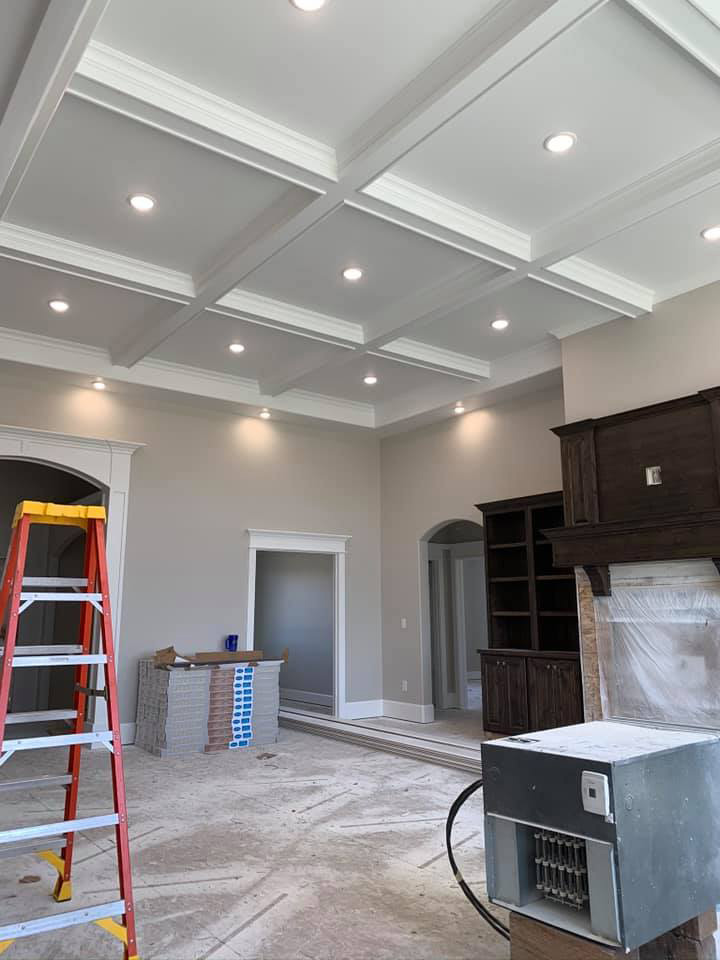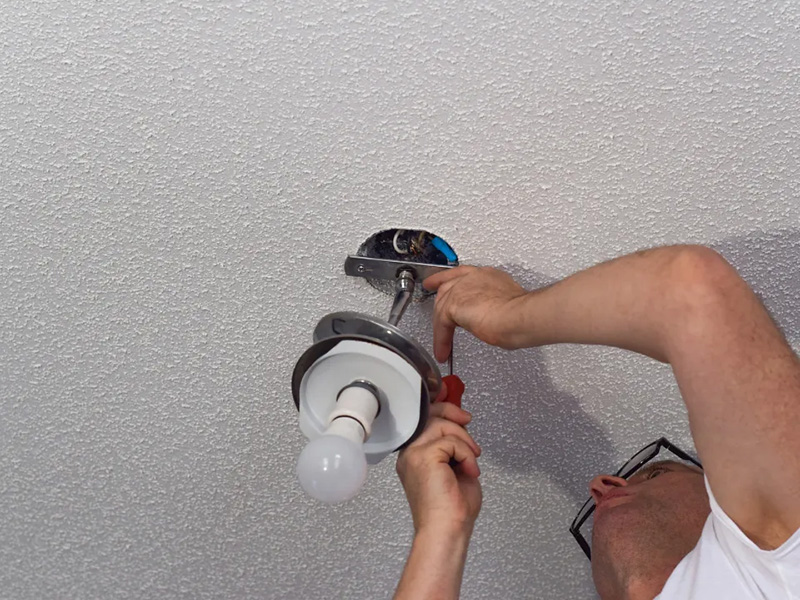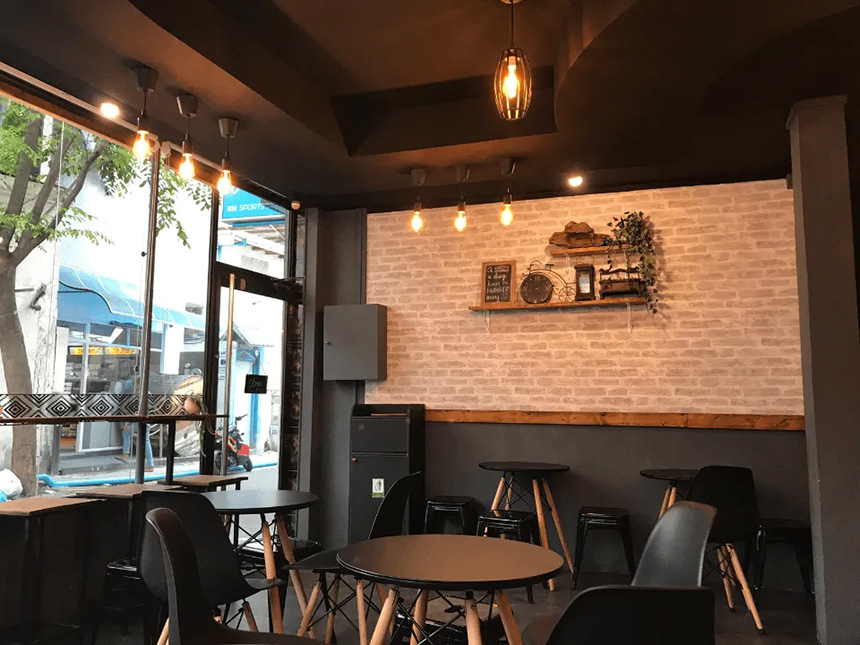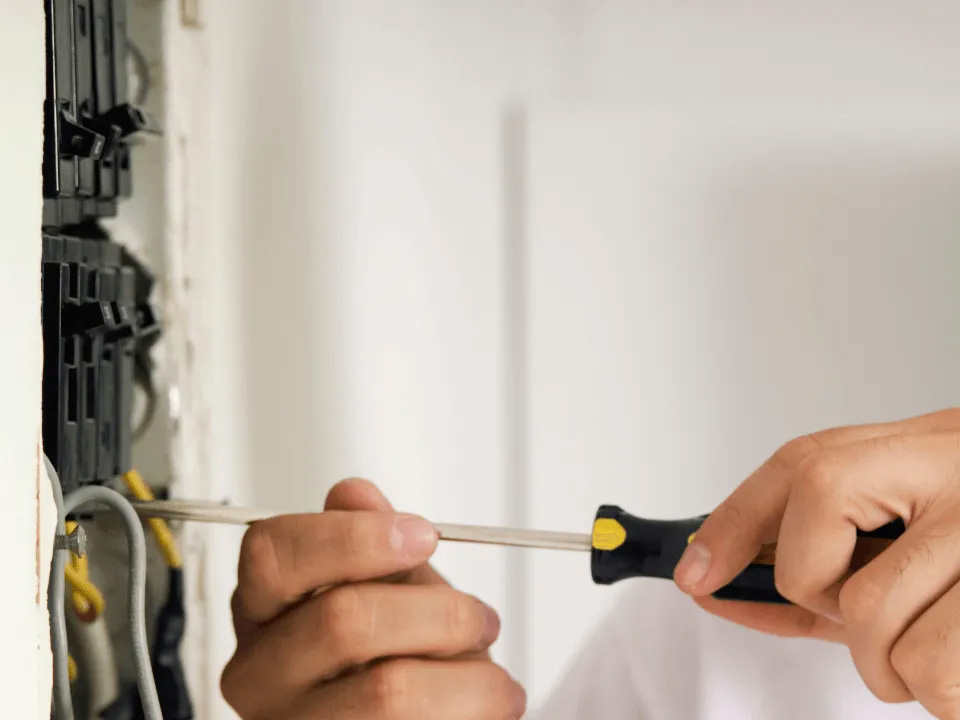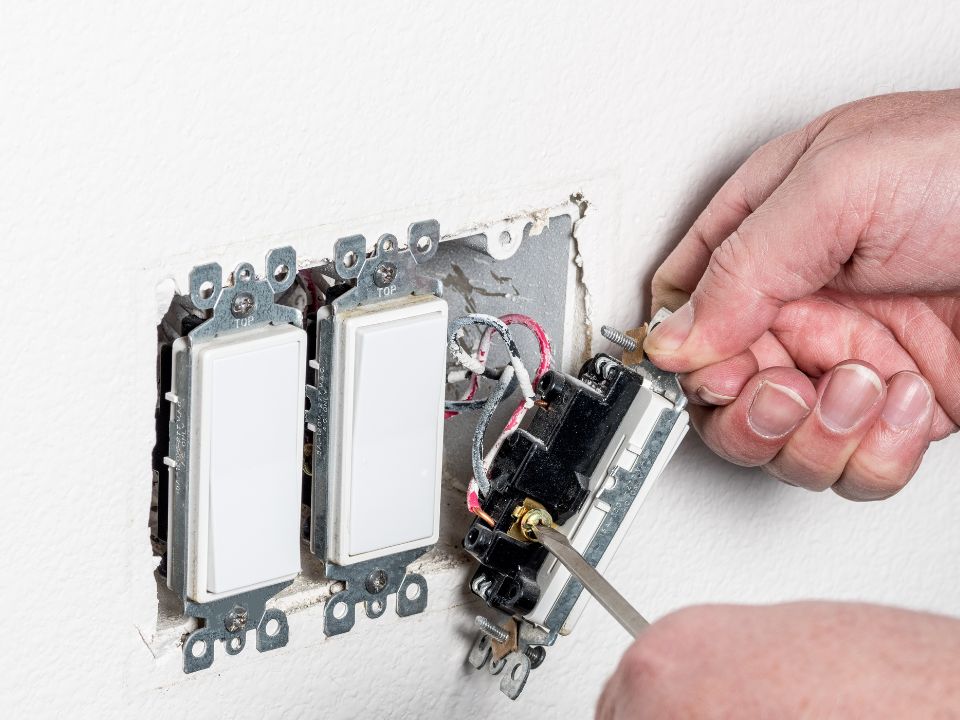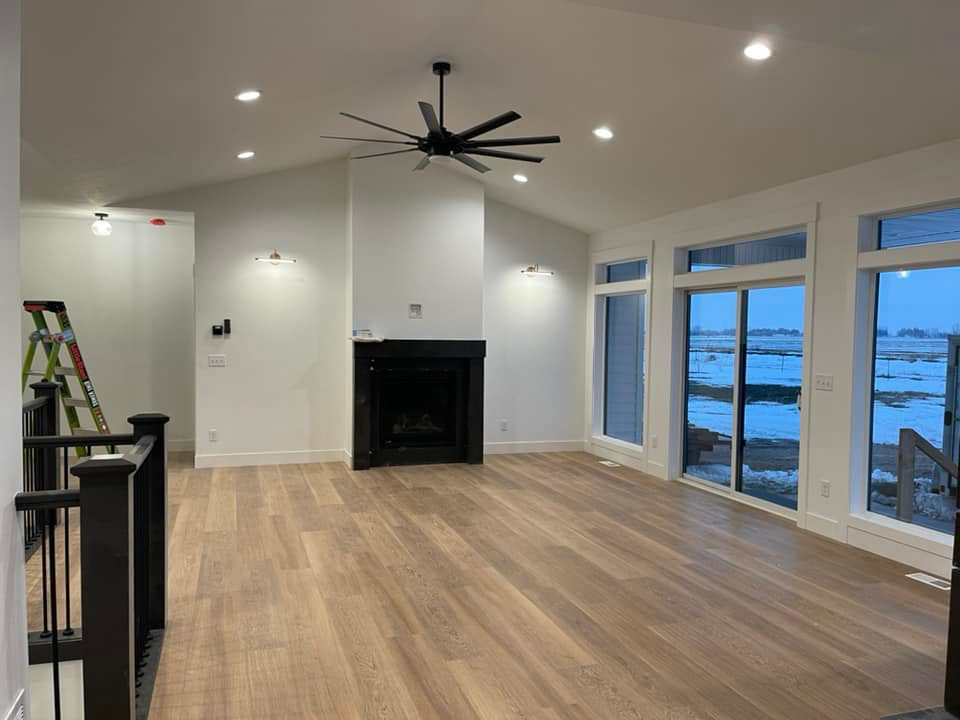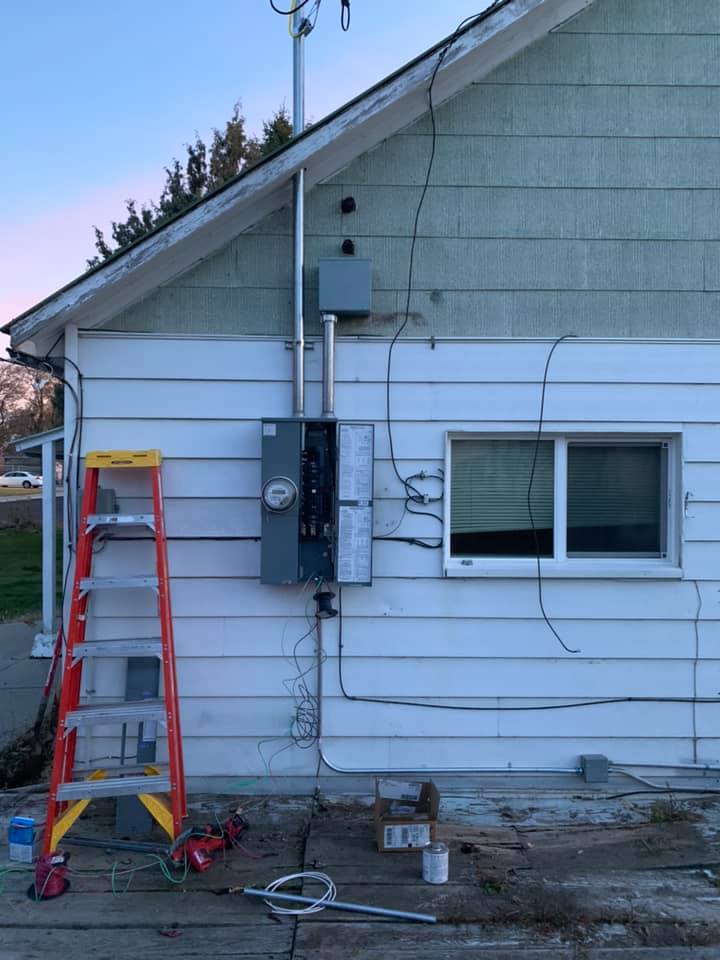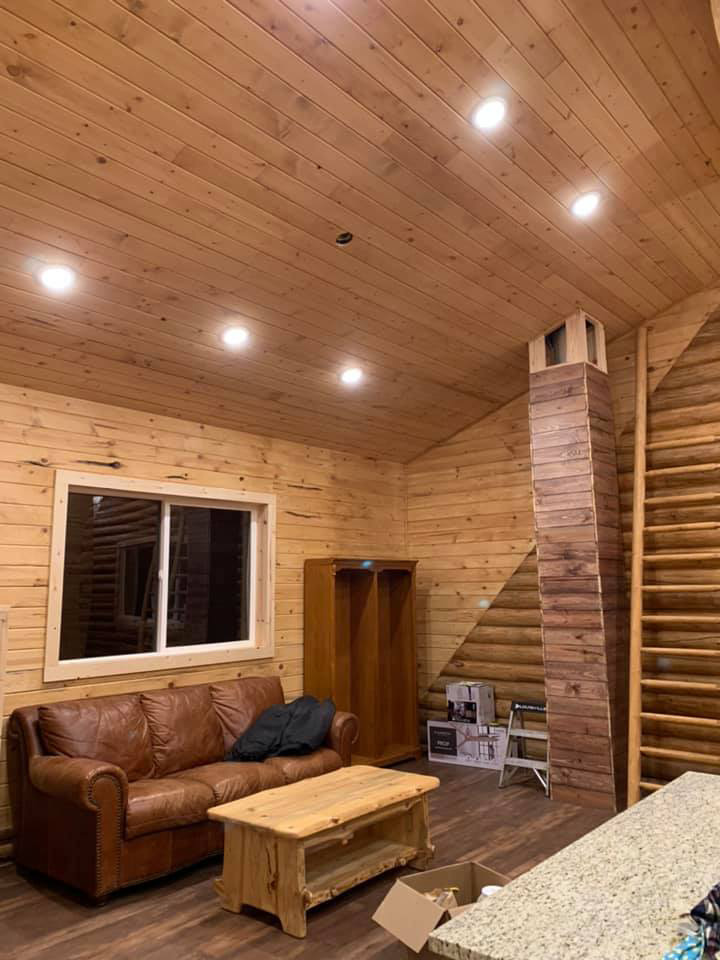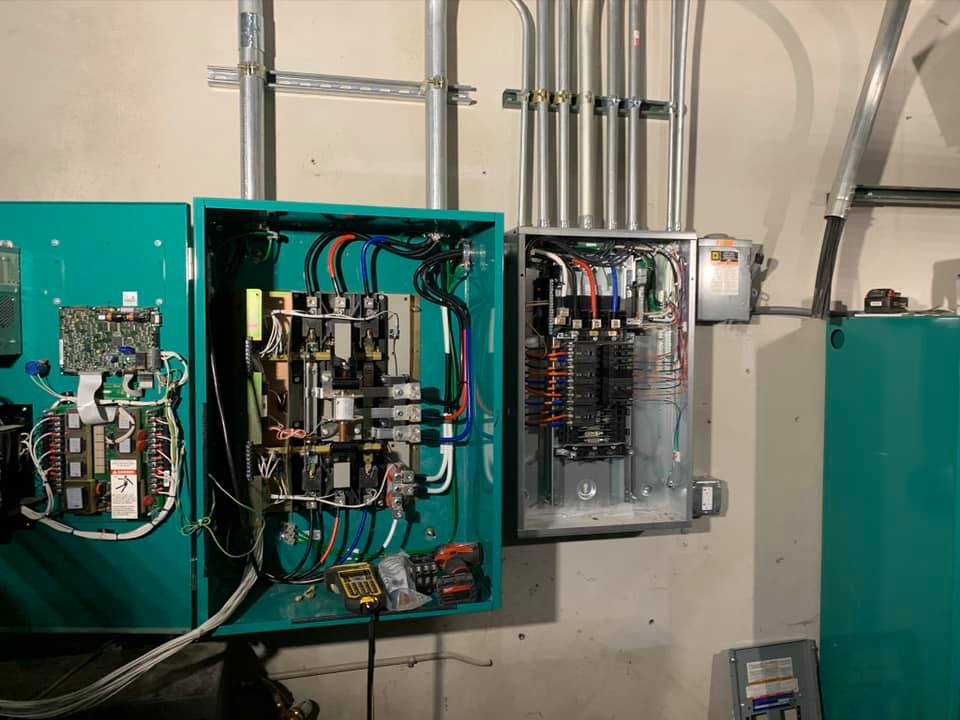Preparing Your Home Electrical System for Seasonal Changes
Changing seasons can affect your home’s electrical system in ways many homeowners don’t anticipate. From frigid winters to hot summers, different weather conditions place unique demands on your wiring, outlets, and appliances.
Seasonal preparation ensures safety, prevents damage, and helps your home run efficiently all year long. Understanding key areas to inspect and upgrade before the seasons change is essential.
1. Inspecting Wiring and Outlets
Electrical systems work harder during seasonal extremes, so identifying vulnerabilities is crucial. Regular checks help prevent small issues from turning into expensive repairs or hazards.
- Check for Frays and Wear: Cold temperatures can make wiring brittle, while heat can weaken insulation. Look for cracks, worn areas, or discoloration that might indicate damage.
- Test All Outlets: Ensure outlets are functioning correctly and are not overloaded with seasonal devices like heaters or air conditioners. Faulty outlets can cause sparks or fire risks.
- Secure Outdoor Connections: Outdoor outlets, especially in Rexburg, may be exposed to snow or rain. Ensure they’re GFCI protected, weather-resistant, and free of debris.
A professional inspection by a Rexburg ID electrician can detect these issues early, reducing the risk of short circuits, shocks, or costly repairs down the line.
2. Preparing Appliances for Seasonal Demands
Appliances often work harder during seasonal extremes, increasing the risk of electrical stress. Taking proactive steps ensures they operate safely and efficiently.
- Heating and Cooling Units: Test and maintain HVAC systems before winter or summer peaks to prevent overloads, breakdowns, or uneven heating and cooling.
- Water Heaters: Cold weather increases water heater usage; check for proper wiring, secure connections, and any signs of corrosion.
- Seasonal Lighting: Holiday lights and decorative setups should be checked for faulty wiring or frayed cords to prevent fire hazards.
Proper maintenance ensures appliances function efficiently, reduces energy consumption, and prevents unnecessary repairs or system failures during high-demand periods.
3. Managing Energy Usage
Seasonal changes can lead to higher energy demands, which puts strain on your electrical system. Smart planning helps avoid outages and keeps your home running smoothly.
- Circuit Management: Identify circuits that may be overloaded during seasonal appliance use and redistribute the load to prevent tripping breakers or overheating wires.
- Surge Protection: Install surge protectors to safeguard electronics from sudden power fluctuations caused by storms, snow loads, or lightning strikes.
- Upgrade Outdated Panels: Older panels may struggle to handle seasonal demands; timely upgrades improve efficiency, safety, and long-term reliability.
Energy-conscious preparation not only keeps your home safe but can also reduce electricity bills while extending the lifespan of your electrical system.
4. Planning for Emergency Situations
Seasonal weather can bring power outages or electrical emergencies, so planning ahead is essential. A few simple steps can keep your home protected during unexpected events.
- Backup Power Options: Consider installing a generator or UPS systems to keep essential circuits running during outages and maintain comfort during storms or winter freezes.
- Emergency Wiring Checks: Ensure critical areas like kitchens, medical equipment, and heating systems have safe, reliable connections to avoid interruptions.
- Professional Advice: An electrician can provide guidance on emergency preparedness, seasonal upgrades, and troubleshooting potential hazards.
Preparedness minimizes stress during power disruptions, protects your home and family, and ensures you can respond quickly to any electrical challenges.
Conclusion
Seasonal changes don’t have to mean electrical surprises. Regular inspections, appliance checks, and energy management can keep your home safe and efficient year-round. Don’t wait until the next storm or heatwave reveals hidden problems.
Call Platinum Electric today at (208)-403-3040 to schedule an inspection with a trusted electrician and ensure your electrical system is ready for every season!
We also provide services to Blackfoot, Collins, Chubbuck, Idaho Falls, Ammon, Rexburg, Jackson, Island Park, Shelley, Iona, and all surrounding areas.
Preparing Your Home Electrical System for Seasonal Changes Read More »

